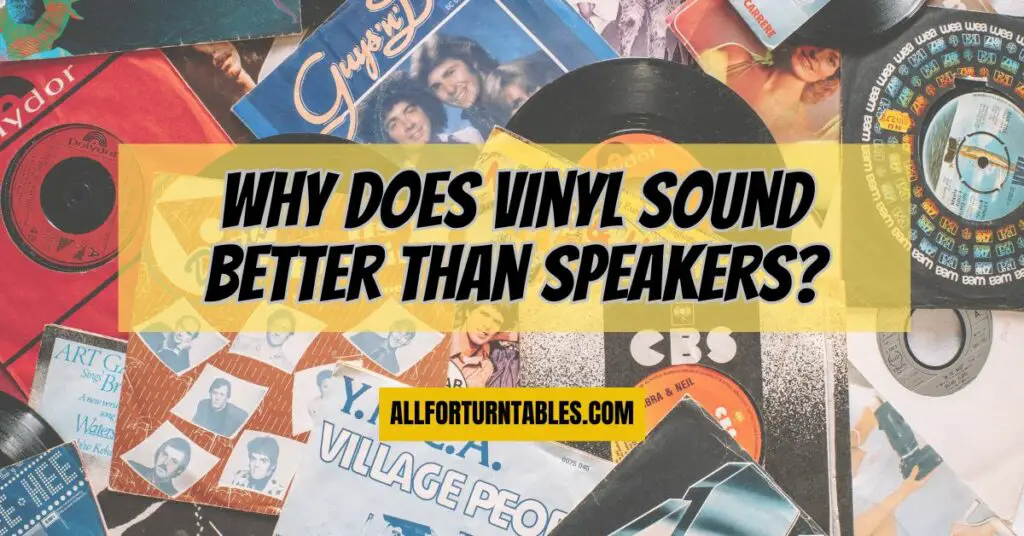In the realm of audio enthusiasts, the debate over the sound quality of vinyl records versus digital speakers is a subject of passion and intrigue. Vinyl aficionados often claim that the analog warmth and richness of vinyl recordings make them superior to the crispness of digital audio. However, the comparison is not as straightforward as it may seem. In this comprehensive article, we’ll unravel the complexities of vinyl sound and digital audio, exploring the factors that contribute to the unique character of each format.
Understanding Vinyl Sound
Vinyl records have a distinct and cherished character that many audiophiles find captivating:
- Analog Warmth: Vinyl’s analog nature imparts a warm, organic sound with subtle imperfections and nuances. This warmth is often attributed to the continuous grooves and the gentle compression of analog recordings.
- Dynamic Range: Vinyl records can exhibit a wide dynamic range, allowing for expressive audio reproduction, especially in genres with intricate arrangements and live instrumentation.
- Surface Noise: The gentle crackling and popping sounds on vinyl records are part of their charm for some listeners, evoking nostalgia and a sense of connection to the medium.
The Appeal of Digital Speakers
Digital audio, delivered through high-quality speakers or headphones, offers its own set of advantages:
- Precision and Clarity: Digital audio is known for its precision and clarity, faithfully reproducing the recorded sound without the inherent distortions of analog playback.
- Low Noise: Digital audio is free from the surface noise associated with vinyl records, providing a pristine listening experience.
- Wide Range of Formats: Digital audio allows for various formats and resolutions, accommodating the preferences of different listeners, from CD-quality to high-resolution audio.
The Subjectivity of Sound Quality
Sound quality is inherently subjective, influenced by individual preferences and the context of listening. What one person perceives as superior sound quality may differ from another’s perspective.
- Personal Taste: Some listeners prefer the analog warmth and imperfections of vinyl, while others appreciate the pristine clarity and accuracy of digital audio.
- Listening Environment: The quality of the audio equipment, the acoustics of the listening environment, and the choice of music can all impact perceived sound quality.
The Role of Vinyl Nostalgia
Nostalgia plays a significant role in the preference for vinyl sound:
- Nostalgic Associations: Vinyl records are often associated with cherished memories, a connection to music’s past, and the tactile experience of handling records.
- Collector’s Joy: The hunt for rare pressings, limited editions, and vintage records adds to the collector’s appeal of vinyl, which transcends sound quality.
The Value of Choice
In the end, the appeal of vinyl versus digital speakers is not a matter of one being inherently better than the other. Instead, it’s a testament to the diversity of listening preferences and the value of choice in the world of audio. Each format offers a unique listening experience, and the choice between vinyl and digital audio ultimately depends on the listener’s taste and the mood they wish to create.
In conclusion, the allure of vinyl sound lies in its analog warmth and nostalgic charm, while digital speakers offer precision and clarity. Neither format is objectively superior; both have their strengths and unique qualities that cater to different preferences and listening contexts. The beauty of audio lies in its diversity, allowing listeners to explore and appreciate the richness of sound through various formats and experiences. Ultimately, the choice between vinyl and digital speakers is a matter of personal taste, and both have a place in the world of music appreciation.


